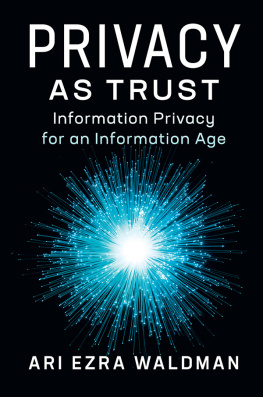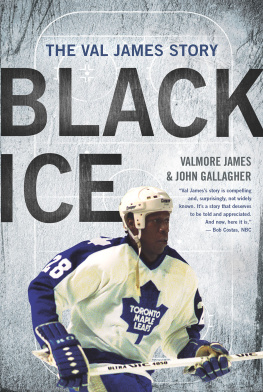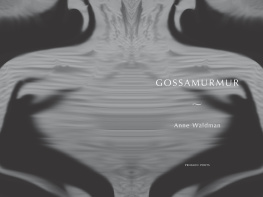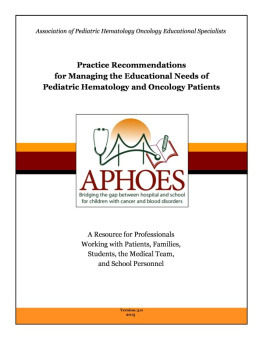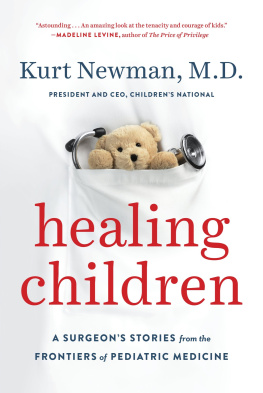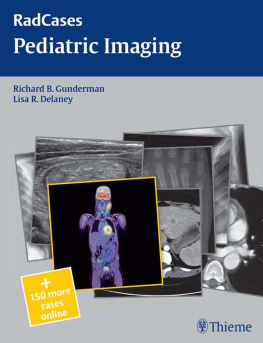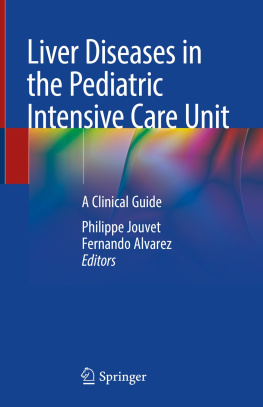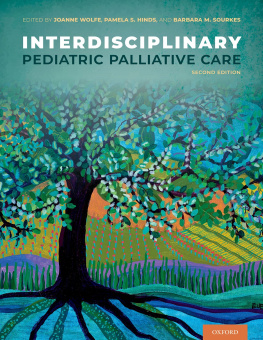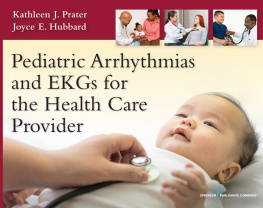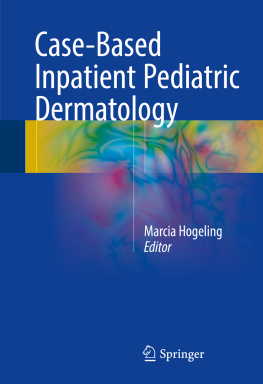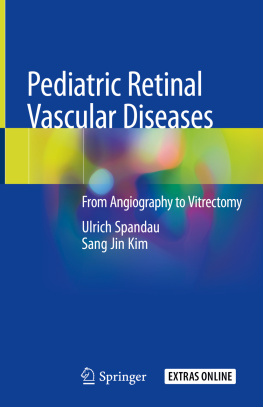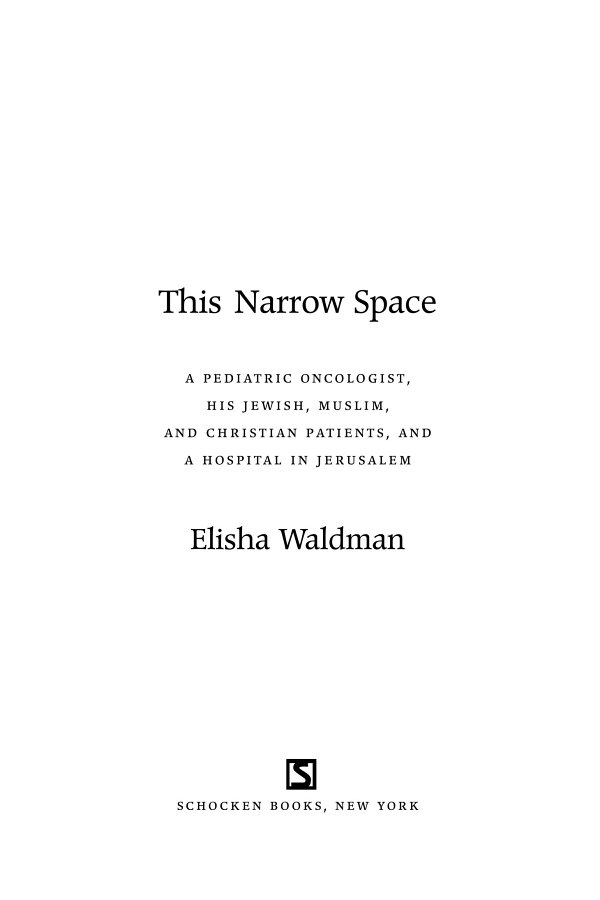This is a work of nonfiction. Nonetheless, some of the names and personal characteristics of the individuals involved have been changed in order to disguise their identities. Any resulting resemblance to persons living or dead is entirely coincidental and unintentional.
Copyright 2018 by Elisha Waldman
All rights reserved. Published in the United States by Schocken Books, a division of Penguin Random House LLC, New York, and distributed in Canada by Random House of Canada, a division of Penguin Random House Canada Limited, Toronto.
Schocken Books and colophon are registered trademarks of Penguin Random House LLC.
Grateful acknowledgment is made to Farrar, Straus and Giroux for permission to reprint an excerpt of Try to Remember Some Details from The Poetry of Yehuda Amichai by Yehuda Amichai, edited by Robert Alter. Copyright 2015 by Hana Amichai. Introduction and selection copyright 2015 by Robert Alter. Reprinted by permission of Farrar, Straus and Giroux.
A portion of this work first appeared, in different form, in Bellevue Literary Review, vol. 14, no. 1 (Spring 2014).
Library of Congress Cataloging-in-Publication Data
Name: Waldman, Elisha, author.
Title: This narrow space : a pediatric oncologist, his Jewish, Muslim, and Christian patients, and a hospital in Jerusalem / Elisha Waldman.
Description: First edition. New York : Schocken, 2018
Identifiers: LCCN 2017031186. ISBN 9780805243321 (hardback). ISBN 9780805243338 (ebook). ISBN 9780805212754 (open market).
Subjects: LCSH: Waldman, Elisha. OncologistsJerusalemBiography. Cancer in childrenSocial aspectsJerusalem. Bet ha-holim Hadasah (Jerusalem)EmployeesBiography. BISAC: BIOGRAPHY & AUTOBIOGRAPHY/Medical. MEDICAL/Pediatric Emergencies.
Classification: LCC RC265.8.W35 A3 2018. DDC 616.99/40092 [B] dc23. LC record available at lccn.loc.gov/2017031186
Ebook ISBN9780805243338
www.schocken.com
Cover images: (door) adrian 825 / Getty Images; (bed) Blend Images / Getty Images
Cover design by Oliver Munday
v5.1
ep
Contents
For Sasha and Lev,
who broadened my horizons beyond my dreams
TRY TO REMEMBER SOME DETAILS
Try to remember some details.
Remember the clothing
of the one you love
so that on the day of loss youll be able to say: last seen
wearing such-and-such, brown jacket, white hat.
Try to remember some details.
For they have no face
and their soul is hidden and their crying
is the same as their laughter,
and their silence and their shouting rise to one height
and their body temperature is between 98 and 104 degrees
and they have no life outside this narrow space
and they have no graven image, no likeness, no memory
and they have paper cups on the day of their rejoicing
and paper cups that are used once only.
Try to remember some details.
For the world
is filled with people who were torn from their sleep
with no one to mend the tear,
and unlike wild beasts they live
each in his lonely hiding place and they die
together on battlefields
and in hospitals.
And the earth will swallow all of them,
good and evil together, like the followers of Korah,
all of them in their rebellion against death,
their mouths open till the last moment,
praising and cursing in a single
howl.
Try, try
to remember some details.
YEHUDA AMICHAI
1
Protocols
I M SURE IVE BEEN HERE BEFORE, but I cant remember exactly when. Perhaps when I was younger, on one of our summer vacations in Israel, hiking in the cool forest or exploring one of the ancient churches in the village. But maybe Im just imagining it, willing the feeling into existence. All I know, as I drive down into the valley of Ein Kerem in Jerusalem, is that everything here feels familiar. And when I walk through the doors of the Department of Pediatric Hematology-Oncology at Hadassah Hospital, it feels as though Im arriving at a place that I know from my dreams.
As I make my way down the corridor, the first thing I see is two boys, no more than four years old, sitting alongside each other, playing at a low table in the waiting area. In one poignant snapshot they capture all of my Zionist ideals. They would be indistinguishable from any other kids their age except for the fact that they both have the shiny, immaculately bald scalps that are the unmistakable by-products of chemotherapy treatments. Oblivious to the dull hospital decor, the lifeless fluorescent illumination, the bustle that surrounds them, the pain and the drama that are endemic to a place like this, the boys work side by side with brightly colored construction paper and crayons. One, whose kippah has slipped off his head and lies upended on the table, is obviously Jewish. Hes hunched over his project, focusing so intently on collaborating with the little boy next to him that he doesnt even notice his kippah has come off. The other boy, closely attended by a woman in a long abaya and hijab, is clearly Muslim. The boys play together, sharing crayons and comparing creations as though nothing, not religion, not cancer, not politics or war, could get in the way. For a liberal American Jewish pediatric oncologist at the start of his career its the Zionist dream come true, and its for this that Ive made aliyah, moving to Israel from the United States. Its March of 2007, its my first day on the job, and Im eager to begin. I hurry past the boys, on my way to meet with my first patient.
Though unhappy families may indeed be unhappy in their own way, my experience has been that when it comes to children facing life-threatening illness, unhappy families often actually have a great deal in common. I am relying on this theory for guidance as I begin my new job as attending physician at Hadassah, hoping to translate my experience in the United States into practice here in Israel. Despite the obvious cultural differences, I figure the common language of illness will provide a bridge to ease me into my new environment.
On this first day of work I am still awash in the exuberance and sense of limitless possibility that is typical of comfortably situated expats who have made aliyah. As my patient and her parents walk into the exam room, before even a word is exchanged, I recognize the familiar tension from so many similar situations Id experienced in New York. I glance down at my patients chart. Lena, a seventeen-year-old Israeli Arab, has been having increasing pain in her left leg over the past two months. A recent X-ray showed what looked like a mass, and a biopsy has now determined that Lena has osteosarcoma, a malignant tumor of bone. There is no evidence that the tumor has spread elsewhere, so her prognosis is relatively good, about a 70 percent chance of long-term survival. But the treatment will be far from simple, and the outcome far from certain. Lena and her parents have come here today to hear the results of all the recent testing. They have undoubtedly gathered hints from previous meetings with my colleagues that this may turn out to be cancer. After all, they have come to a place called Department of Pediatric Hematology-Oncology. But I know they are hoping, until the very moment that I give them the diagnosis, that this will all turn out to be a horrible mistake.
My role at Hadassah is to oversee the care of children with sarcomas, which are any one of a myriad number of solid tumors that form in such areas as the bone, muscle, and connective tissue. Because this is my first day and I am still getting oriented, I will be joined by the director of the department, Dr. Mickey Weintraub, who already met with Lena and her parents at her initial referral. Im grateful for his presence. Although I have spent a great deal of my pre-aliyah life in Israel (I even attended medical school in Tel Aviv) and there is much that should be familiar to me, the way these initial conversations are carried out is so important in shaping the ongoing relationship between oncologist and patient, so critical in setting the stage for how decisions will be made, that I am wary of diving in by myself on my first day. I have, over the past few years, done this many times in the United States, first as a trainee and then for a year and a half as an attending physician. But I find myself worrying about the language barrier, the cultural nuances, the way in which I should be both delivering information and responding to cues from this young woman and her family. The intimacy of these discussions can be intense, and though this intimacy can be deeply rewarding, it can also be intimidating. I have taken up residence in Israel feeling fairly linguistically and culturally competent, able to manage the activities of daily living, but telling a seventeen-year-old Israeli Arab that she has a life-threatening condition is a very different challenge. In many ways, I feel I am starting my training all over again.


